FEW people have done as much to make Indian classical music popular in Britain as the valiant Viram Jasani, whom we know well at Eastern Eye as he has been a judge in our Arts Culture & Theatre Awards (ACTA).
Viram deserves congratulations for publishing his very readable memoirs, Independence to Freedom (Austin Macauley Publishers), which he launched at a packed Nehru Centre in London last week.
I will be writing more about the book when I have read it cover to cover, but he has certainly been witness to the transformation of the United Kingdom over the last three-quarters of a century.
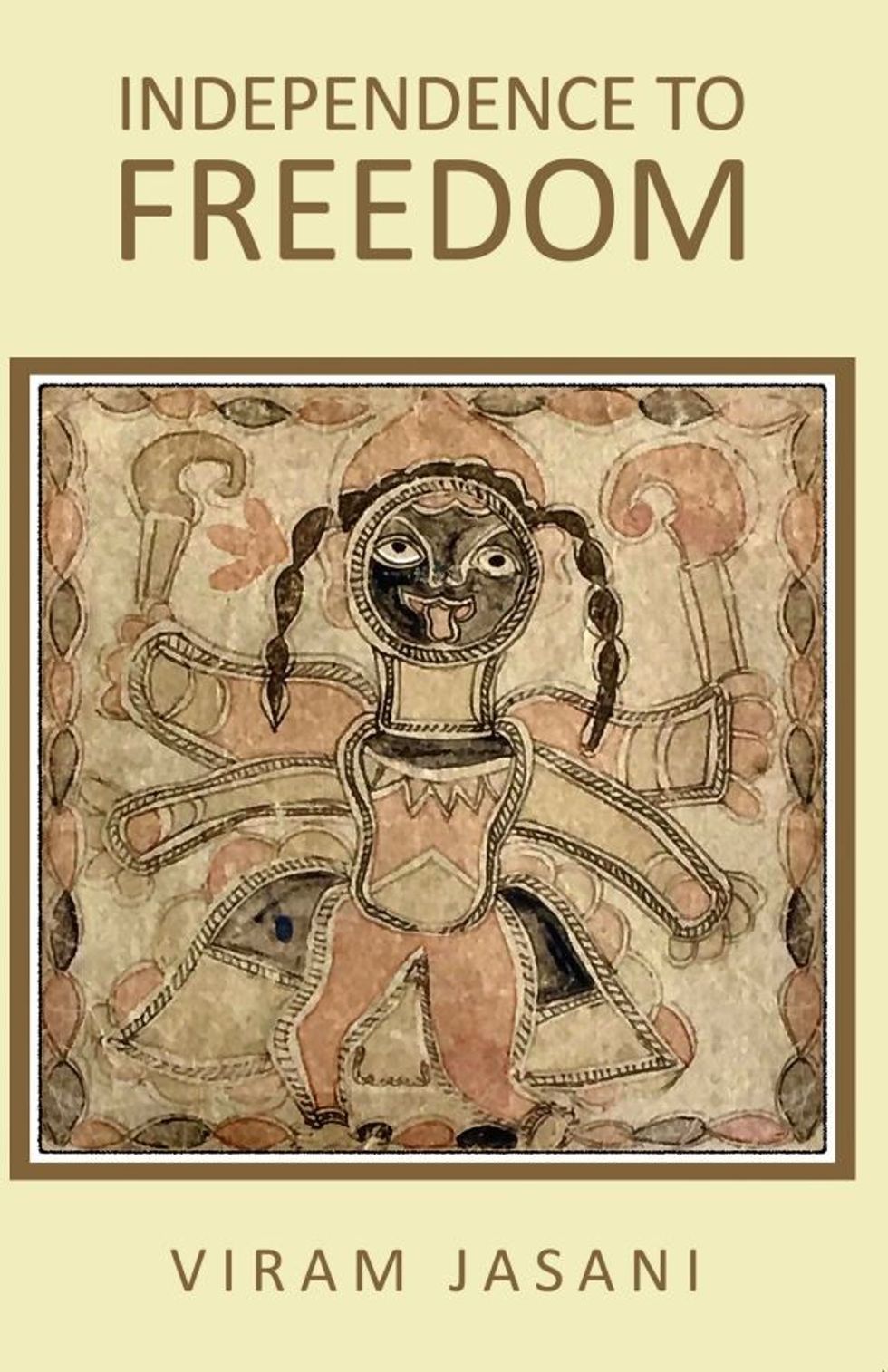
He was born into a Gujarati family in Kenya in 1945 and came to England with his parents in 1949, so next year will mark the 75th anniversary of his arrival to these shores. He graduated from St Andrews University in 1967, and the School of Oriental and African Studies, London, in 1969.
At the Nehru Centre, Viram told his audience of one exchange when he was serving on the music panel of the Arts Council of Great Britain.
One of the stalwarts of the British music scene dismissed Viram’s demand for more generous support for Asian music.
“In the middle of one of these meetings, somebody piped up and said, ‘Why the hell should we fund Indian music?” he recalled. ‘How can you compare Indian music with Mozart or Beethoven?’
“And this was a shocking thing to say in the music panel of the Arts Council of Great Britain. There was no discussion whatsoever about what is art, what’s the importance of art? How can art be used for the spiritual wellbeing of our society where everybody can be kept happy?”
Viram added: “Last year or the year before, I read an article in the Guardian that he [the person concerned] had to resign because he had been accused of racism.”
For 25 years, that man had used his position at the helm of the British arts establishment to keep Indian classical music out of the mainstream.
Viram revealed Indian spiritual values had helped him retain his sanity. In his book, he reveals: “I feel fortunate that my father had given me his copy of the Bhagavad Gita translated and with commentary by Dr S Radhakrishnan. I find his writings, his ideas, very inspiring; often it feels as if he knew what I was thinking or feeling, and he was able to articulate what was in my mind. That is the universal message of the Bhagavad Gita.”
Dr Radhakrishnan’s translation certainly seems worth getting. He was the Spalding Chair of Eastern Religion and Ethics at Oxford from 1936 to 1952, and president of India from 1962-1967.






 A resident in Odessa, Ukraine, as smoke rises from a fire following a strike earlier this month amid the Russian invasion
A resident in Odessa, Ukraine, as smoke rises from a fire following a strike earlier this month amid the Russian invasion











 Shweta Warrier
Shweta Warrier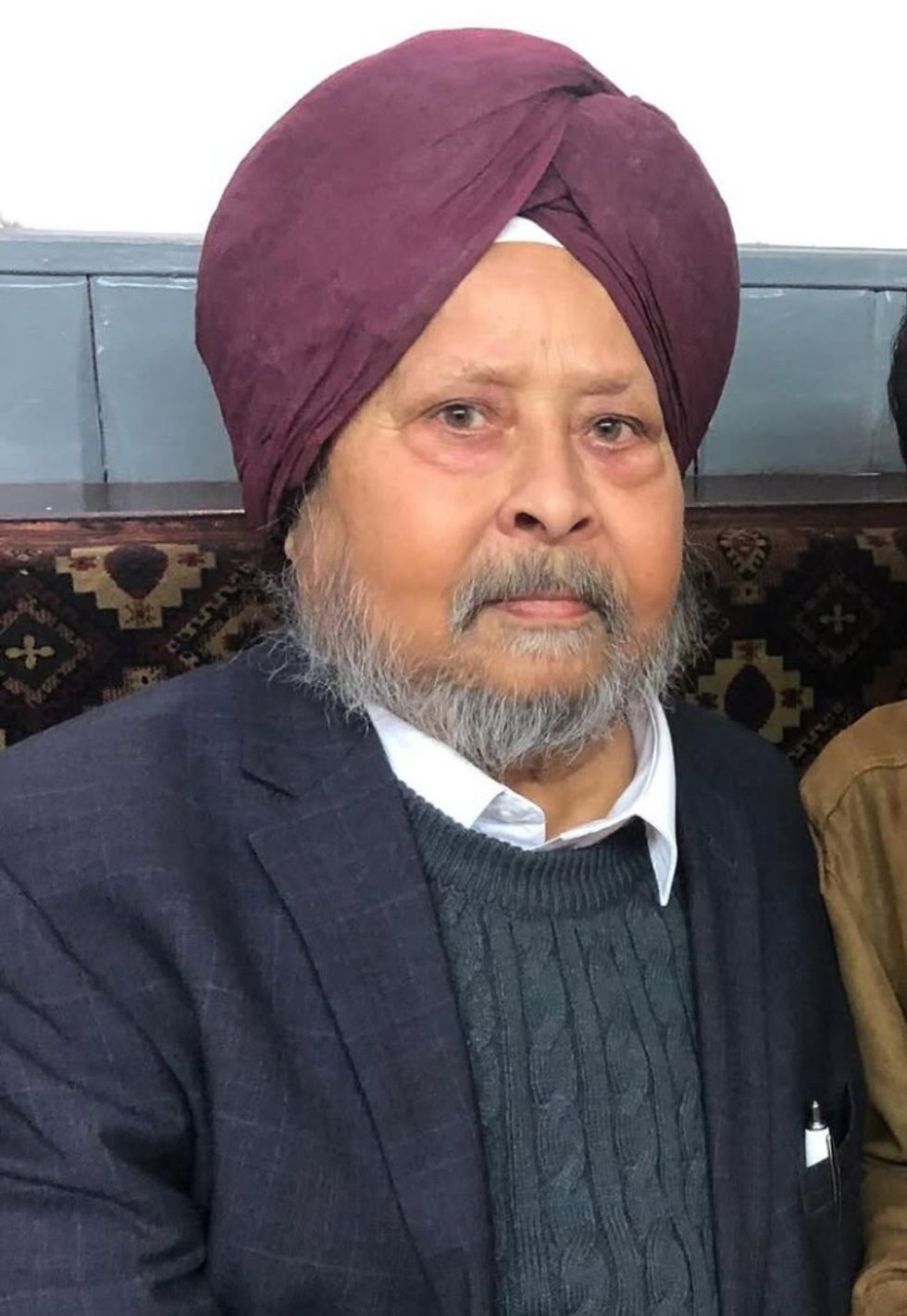 Harbans Singh Jandu
Harbans Singh Jandu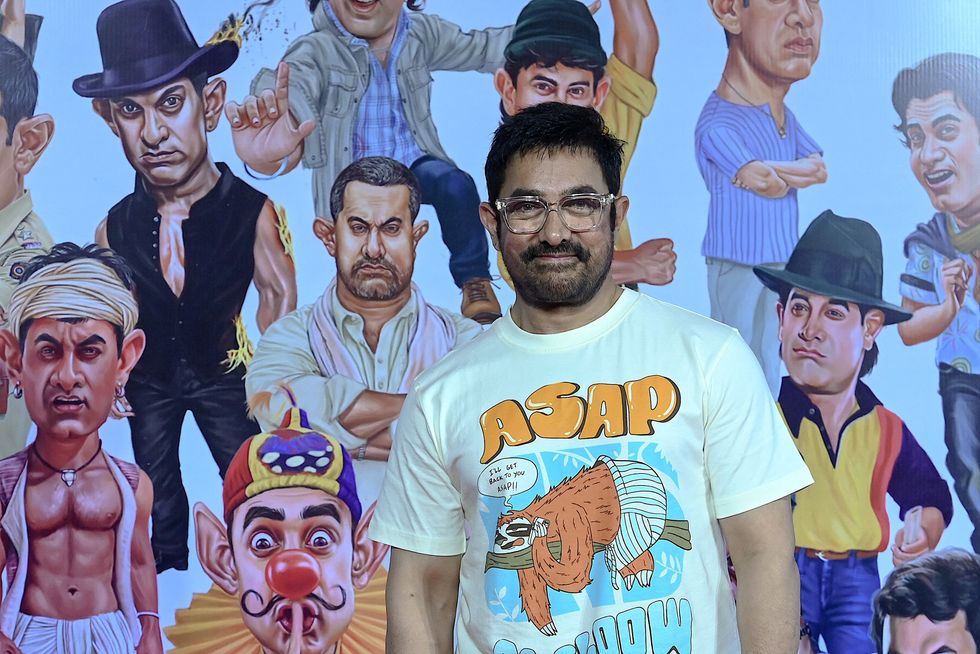 Aamir Khan
Aamir Khan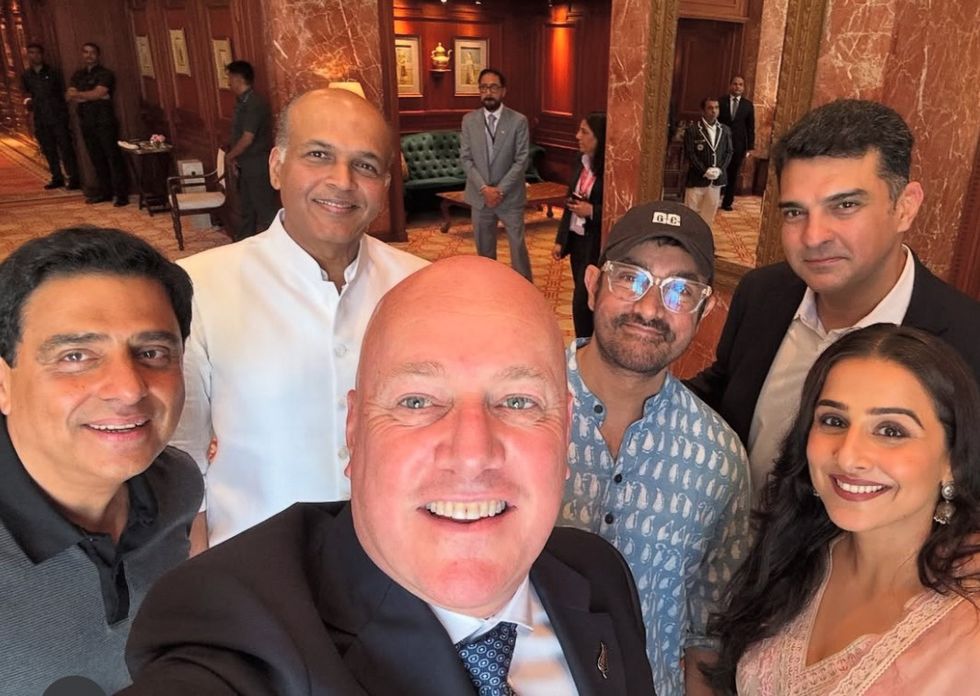 Ronnie Screwvala, Ashutosh Gowariker, Christopher Luxon, Aamir Khan, Siddharth Roy Kapur and Vidya Balan
Ronnie Screwvala, Ashutosh Gowariker, Christopher Luxon, Aamir Khan, Siddharth Roy Kapur and Vidya Balan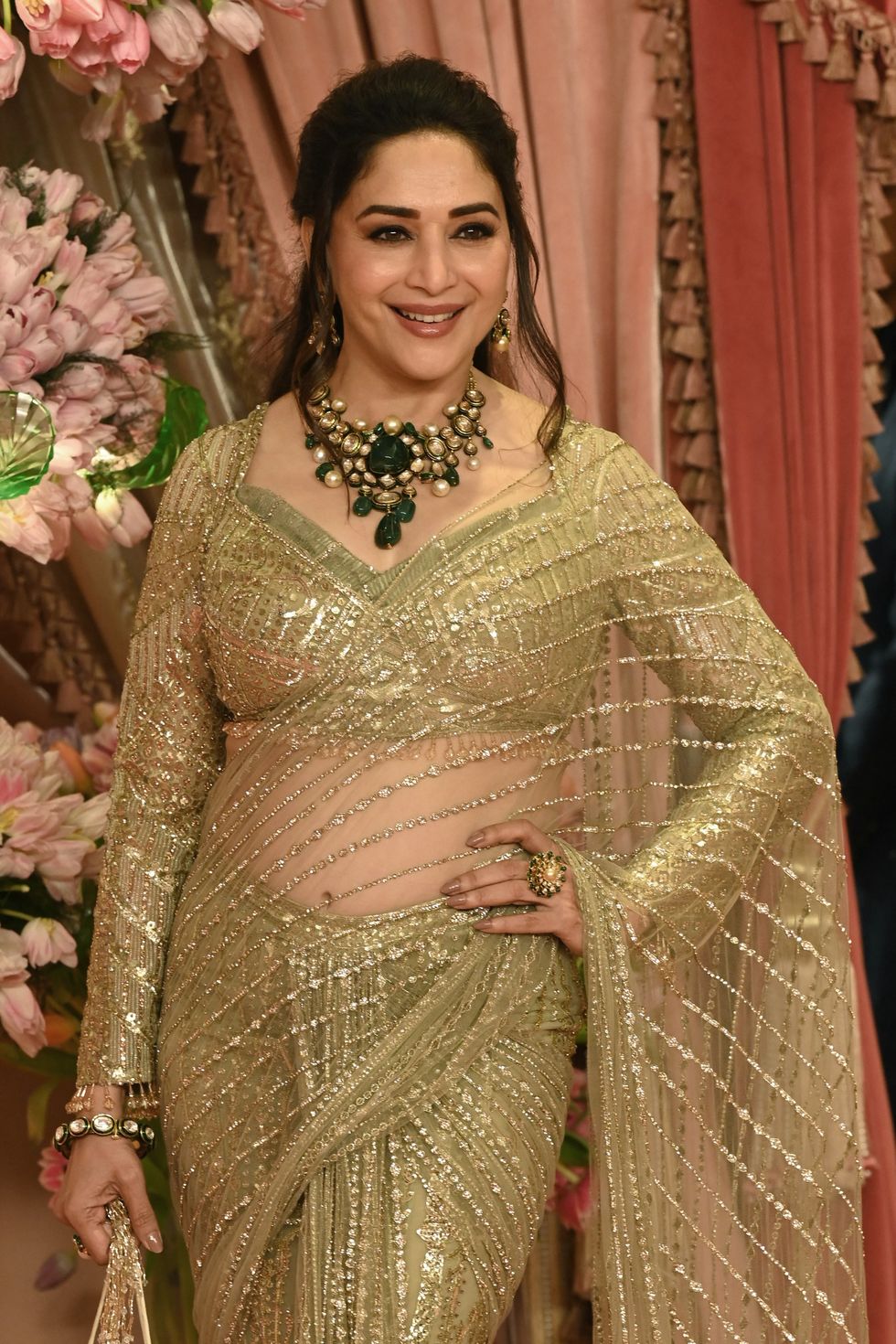 Madhuri Dixit
Madhuri Dixit



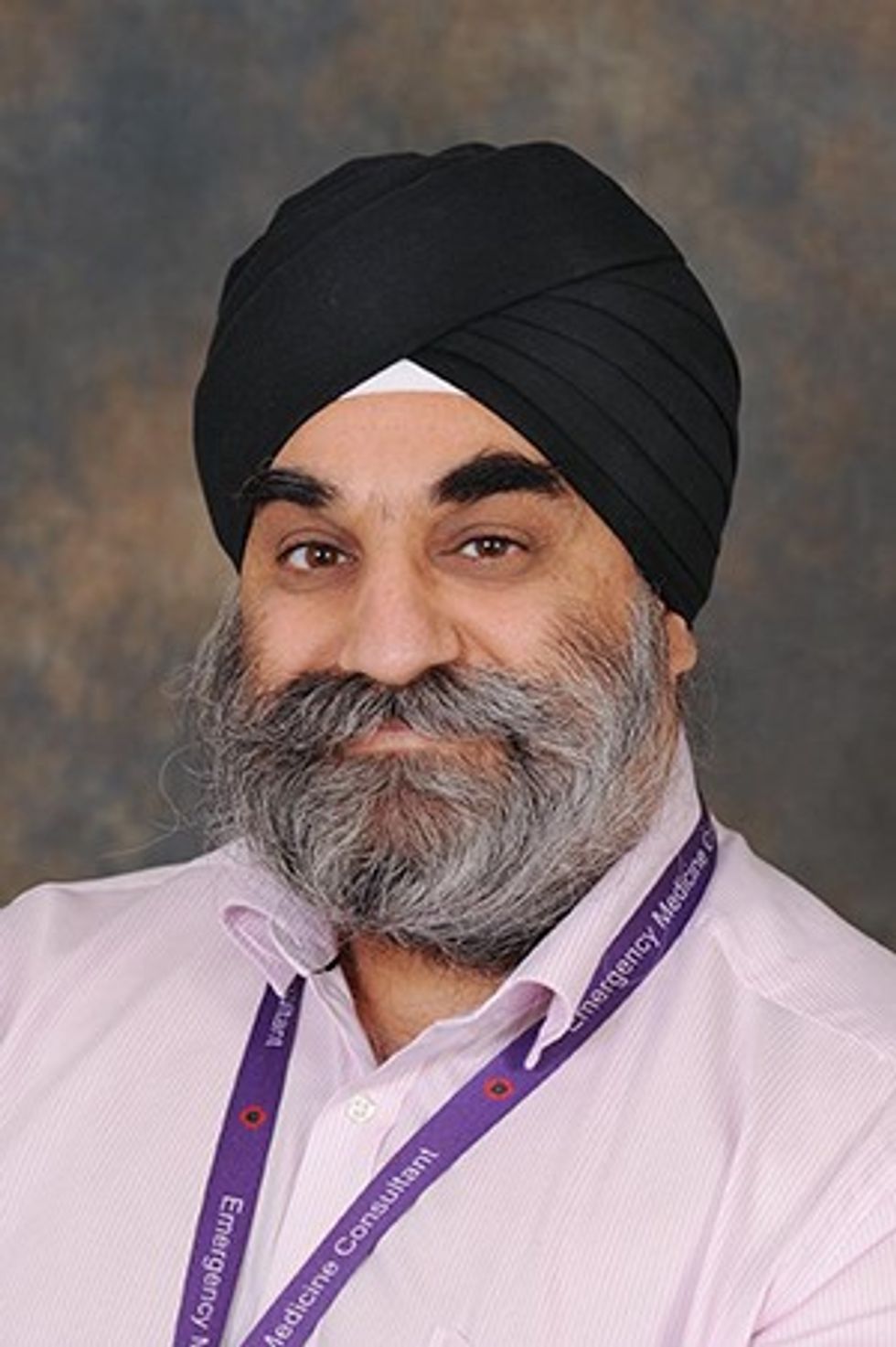 Manjeet Singh Riyat
Manjeet Singh Riyat